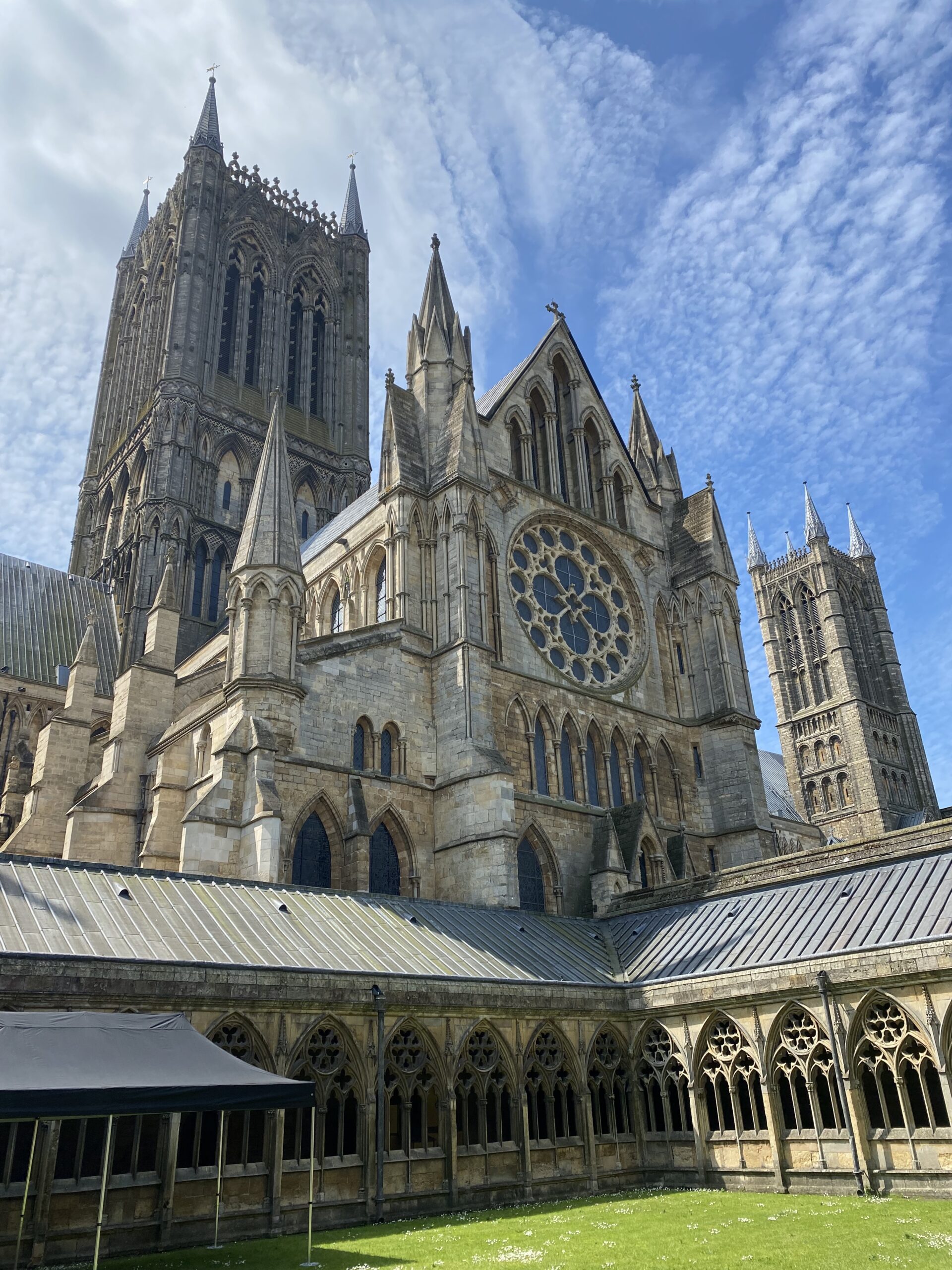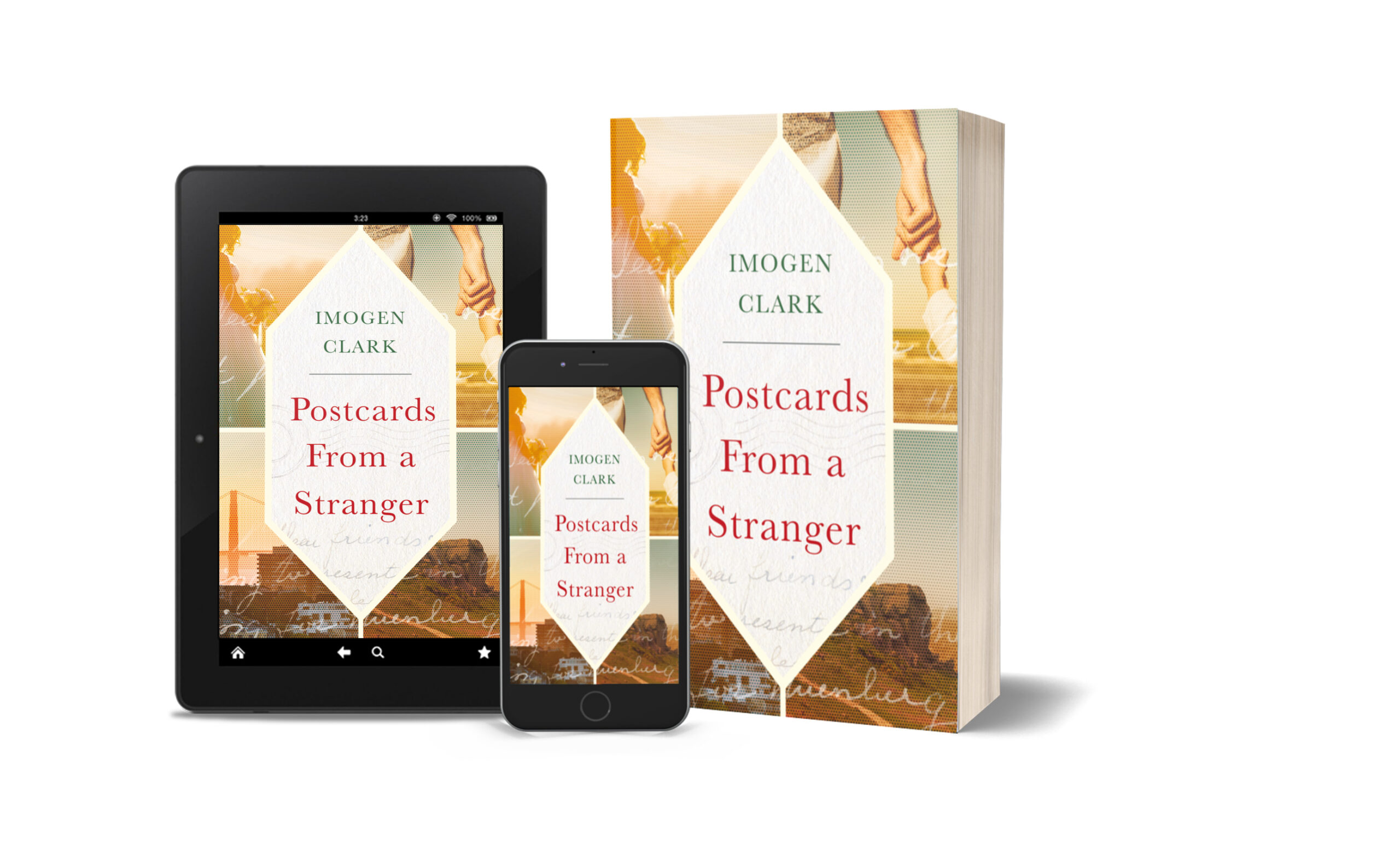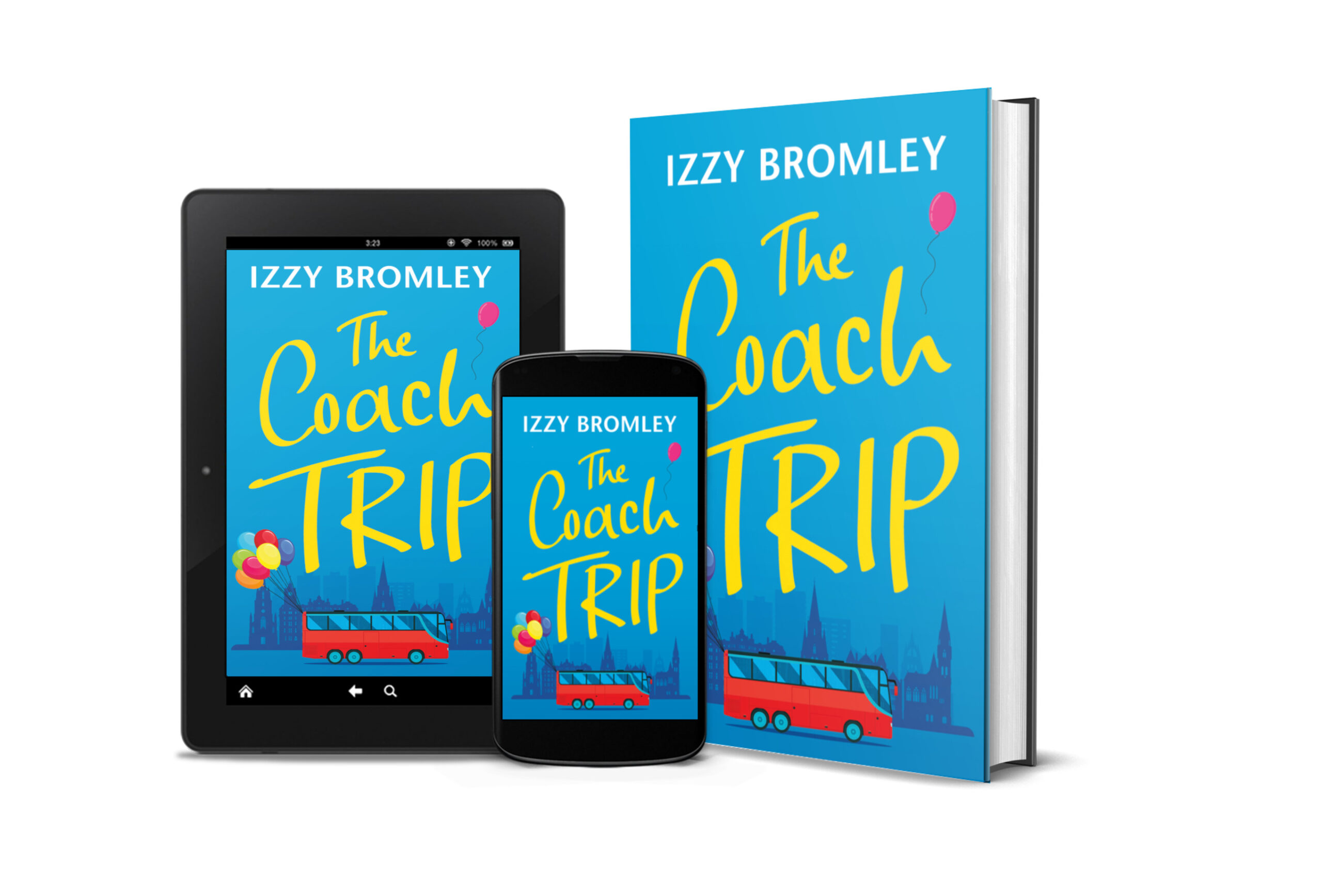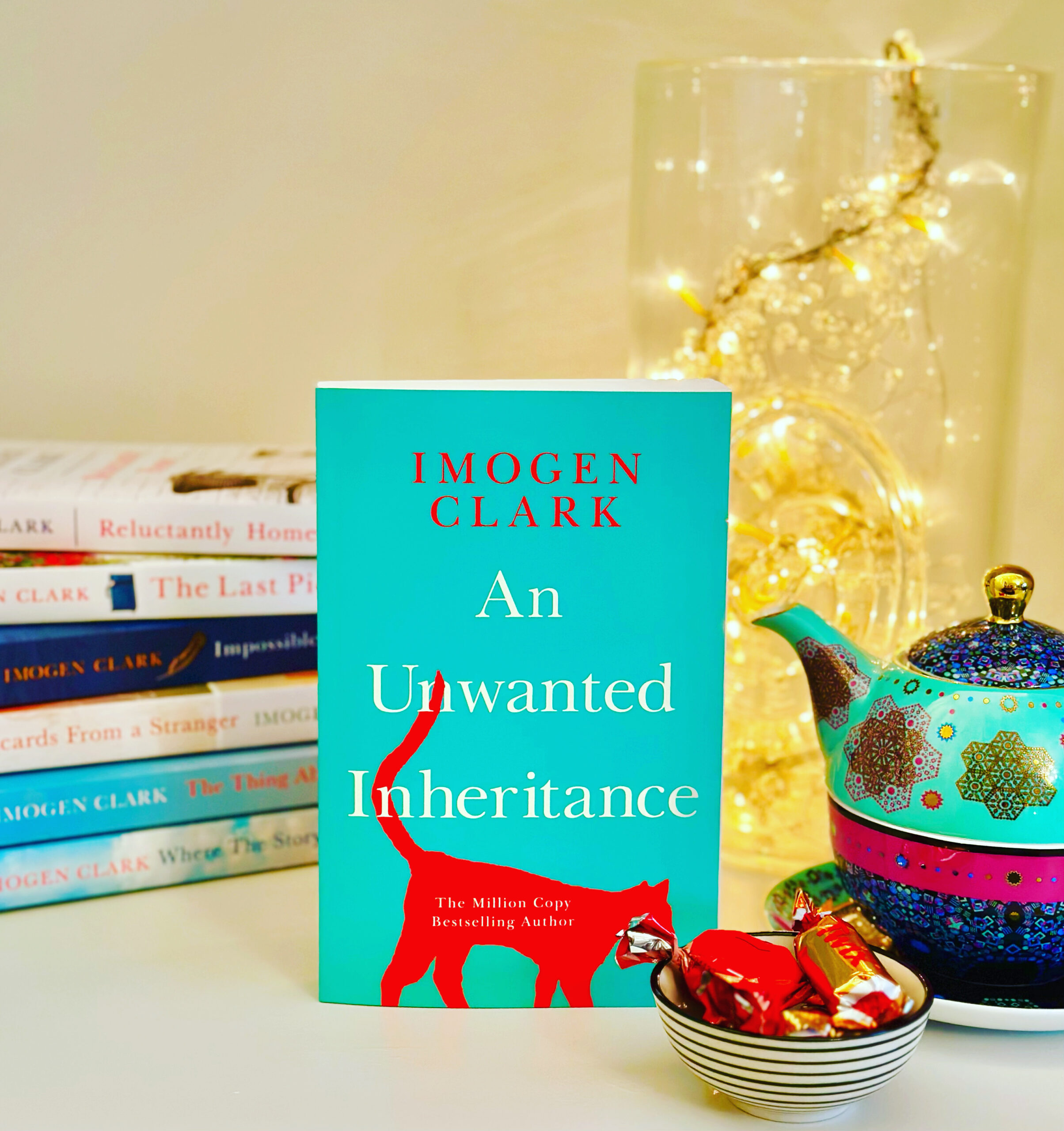I’ve just finished reading a book about a Ukrainian emigrant, her experience in the war and later in her new life in America (The Silence of Trees). In it, the writer twists stories and traditions from her own culture with the tale of her protagonist until the two become so intertwined that it is hard to tell them apart.
As with all good books, this one made me think. If I had to tell tales from my own culture to my children which would I choose? Well, there’s the great literature. I could pick Robinson Crusoe or Narnia or Winnie the Pooh. They are all wonderful tales that have stood the test of time and improve with retelling but they belong to someone else. Whilst they may have entered into our cultural mixing bowl so that many people would recognise a passing reference to them, they were penned by a single person with a story to tell. That isn’t the same as stories being passed down from generation to generation. I don’t have that in my world. I have family anecdotes, some a few generations old but no stories that are part of who or what I am.
Linked to the story telling in the book is a huge sense of tradition, of food that is eaten and rituals that are executed at particular times and for particular reasons. This is something that is more familiar to me as a concept but not something that plays a part in my life. Other than turkey at Christmas and eggs at Easter there are no food rituals in my house. I do not have a recipe book bursting with tasty treats that have been made by generations of women in my family and handed down to me so that I can, in my turn, hand them down to my daughters. We don’t really have meals where everyone knows what happens next and everyone plays a part.
Of course, there is an obvious way that stories and rituals and traditions are passed down the generations, something that has been going for as long as man has stood and stared at the stars and wondered. But this plays no part in my world either. Tempting though such a belief system may be, I cannot take the step that is required to buy into it so a missing sense of ritual isn’t going to come from there.
So, is it just me, I wondered, or is my culture one that is lacking in tradition? The question seems a bit ridiculous. Of course the English have traditions – just look at our Monarchy or the Houses of Parliament. As a nation we are awash with the stuff. But that isn’t the same. These are not the kind of traditions that shape how normal, every day life operates.
I suspect that in order to have a rich tapestry of stories and rituals behind you, you or your ancestors have to have been displaced. You need to have been unjustly deprived of everything that you knew and held dear. Then stories take on a new meaning. They become a way of connecting with your history, a means by which a home or a way of life can be preserved. They allow you to make sure that the generations that come after you are able to connect with what was lost even though it may never feature directly in their life.
And that may be why I don’t have it. Every drop of my blood is English and it has been safe and unthreatened for as far back as I can look. Of course it may be good that my nation has no need to tell stories to hold on to a homeland or a way of life that has been lost but this morning, after finishing the book, I feel a little bit emptier and, ironically, a little bit envious.






